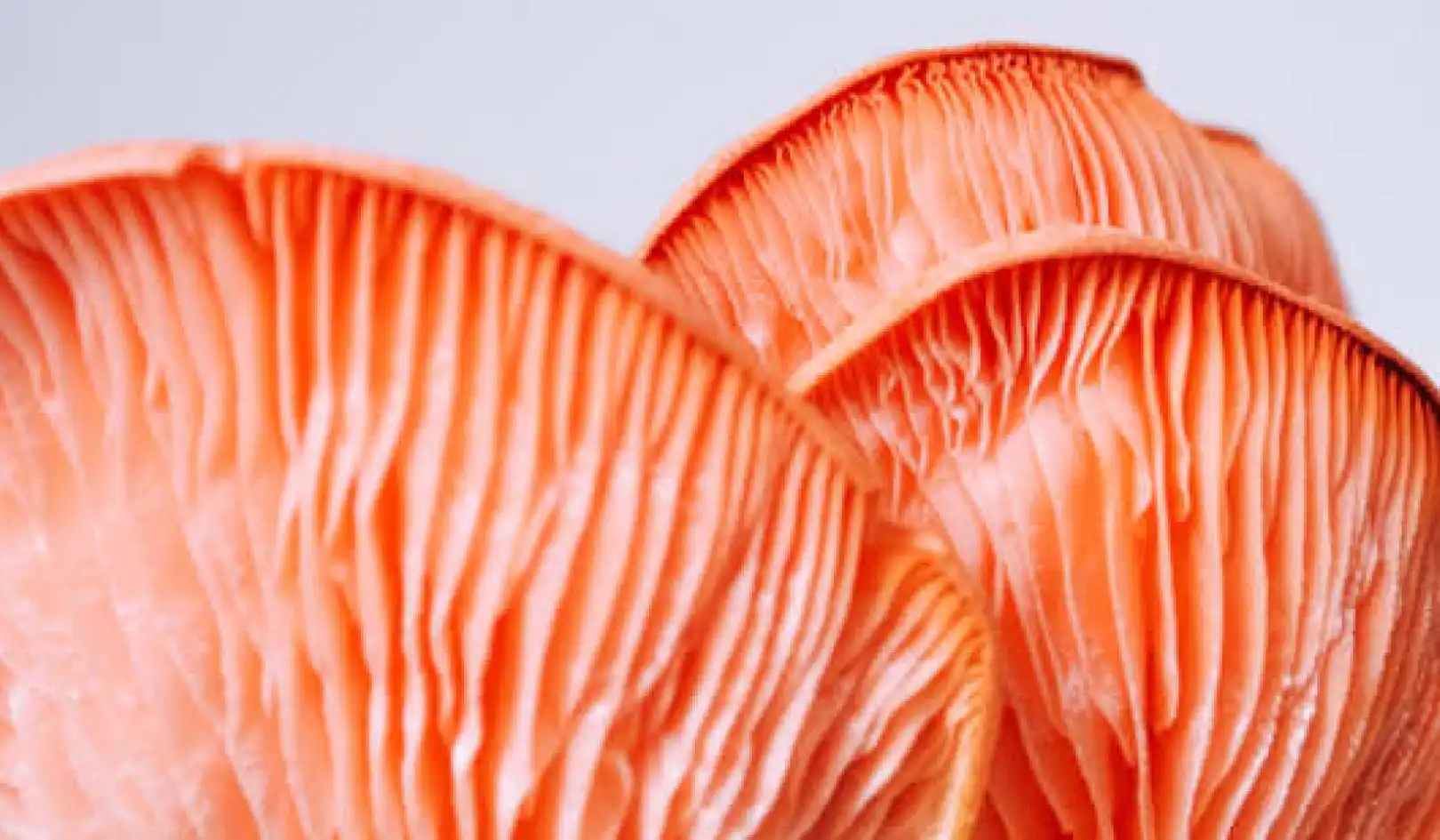
Do you know why junk food is so addictive? Are you craving sweets yet? If you've ever wondered why junk food can be so addictive, you're not alone. In the modern world, our food environment is filled with tempting sugary, salty, and fatty treats that seem almost impossible to resist. But have you ever stopped to think about the consequences of indulging in these highly processed foods?
Today, around 42% of adults in the US are obese, and the rate of obesity is on the rise among children, too, with one in five kids considered obese by doctors. But this isn't just an American problem; it's a global issue. Since 1975, obesity rates have tripled worldwide, presenting a significant challenge to public health systems everywhere.
Science Behind Junk Food Addiction
On the Chicago Booth Review Podcast, renowned nutrition and food studies experts like Marion Nestle delve into the science of nutrition and food politics. They shed light on why these unhealthy foods are so addictive and discuss the dire health implications they bring. Junk foods, or "ultra-processed" foods, are designed to be irresistibly delicious, making it hard for people to stop eating them.
Get The Latest By Email
Additionally, the calorie density of these foods plays a role in their addictive properties. Ultra-processed foods are highly caloric, and humans are naturally drawn to high-calorie products, leading to overeating without realizing it. As portion sizes increase and food marketing becomes more aggressive, people find it challenging to control their consumption, contributing to the obesity epidemic.
Politics and The Food Industry
Marion Nestle, a prominent critic of the food industry, points out that corporations prioritize profit over public health. Food companies invest massive amounts of money into advertising and marketing, pushing people to eat more of their products, even if it means sacrificing their health. The results of studies funded by these companies often favor the funders' interests, highlighting the need for independent research and unbiased information.
Furthermore, government policies and agricultural subsidies influence the foods produced and promoted. In the US, for instance, much corn goes into animal feed or fuel, not for human consumption. This skewed system contributes to an unhealthy food environment, making it more challenging for people to make healthier choices.
Solutions for a Healthier Future
While some propose pharmacological solutions, like drugs to assist with weight loss, Nestle emphasizes the need for systemic changes. Repealing the Supreme Court's decision on Citizens United, which allows corporations to fund election campaigns without disclosure, and changing the way Wall Street evaluates corporations based solely on profits, could pave the way for better public health policies.
At the same time, nutrition experts encourage individuals to focus on simple guidelines—eat real food, maintain reasonable body weight, and consume plenty of plant-based foods. By following this advice, we can promote healthier lifestyles and contribute to the fight against the global obesity crisis.
Junk food addiction and the rising obesity rates are complex issues that require a multifaceted approach to address effectively. By understanding the science behind the addictive properties of unhealthy foods and recognizing the role of food politics in shaping our food environment, we can take steps towards a healthier future. Whether through government policies or individual choices, a concerted effort is needed to create a world where health and well-being precede corporate profits.
About the Author
 Robert Jennings is co-publisher and webmaster of InnerSelf Publications, which includes InnerSelf.com, PolyConundrum.com, ArticleIndex.com, MightyNatural.com and more. The aforementioned are dedicated to sharing information that allows people to make educated choices in their personal life and for the well-being of the planet.
Robert Jennings is co-publisher and webmaster of InnerSelf Publications, which includes InnerSelf.com, PolyConundrum.com, ArticleIndex.com, MightyNatural.com and more. The aforementioned are dedicated to sharing information that allows people to make educated choices in their personal life and for the well-being of the planet.
books_food










